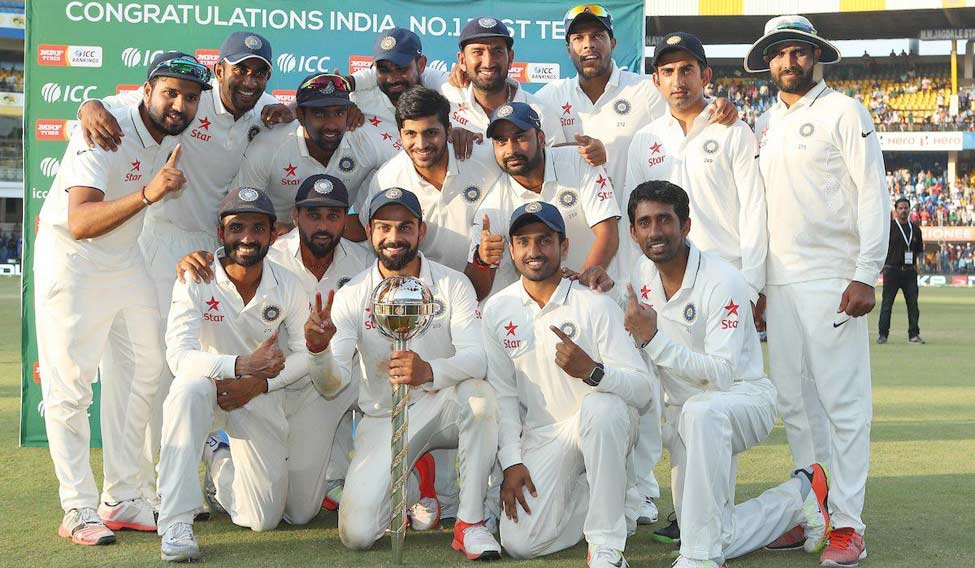A day after the International Cricket Council's dream of a World Test Championship was dealt a body blow by the Board of Control for Cricket in India, ICC chairman Shashank Manohar resigned, leaving the cricket world shocked. The BCCI and Manohar have locked horns over issues such as transparency in the revenue structure (read, dismantling of the 'Big Three'), and the Test championship. The latter was essentially a ranking system, and according to the initial proposal, the top four countries would play single-match semifinals and a final would decide the world Test champions.
On March 14, the BCCI dismissed the ICC’s call for a working group meeting to discuss the proposed championship. The international cricket board's proposed nine-plus-three structure to have a four-year Test cricket cycle was scheduled to begin in 2019. The BCCI, reportedly, reasoned that the ICC cannot have the structure since it is yet to ratify the full membership of Afghanistan and Ireland.
The ICC had almost finalised the structure when, last month, it reached a consensus over the creation of a nine-team Test championship, which would run from 2019 and feature a final every two years. But the BCCI's recent decision has, once again, thrown a spanner in the works.
It is not the first time the Indian cricket board has opposed it. In fact, when the idea of Test championship was first discussed by the ICC in 2008, it was the BCCI and the England cricket board that objected to it. In 2009, then ICC chief executive Haroon Lorgat accused the two countries of blocking the championship.
In 2010, ICC proposed a Test championship playoff for 2013, which would be hosted by England and Wales, with the final to be held at Lord's. It was expected to replace the 50-overs Champions Trophy. However, ESPNStar, which had the broadcast rights opposed the model and instead backed the limited overs format. So, the Test championship was deferred further and England played host to the Champions Trophy.
In 2013, the ICC confirmed the Test Championship from 2017 onwards in place of Champions Trophy. England and India were announced as venues for the first two editions in 2017 and 2021 respectively. However, once again, the ‘Big Three’ of world cricket—India, England and Australia—prevailed over the ICC and succeeded in reinstating the Champions Trophy for 2017.
The appointment of Manohar as the ICC chairman in 2016 replacing N. Srinivasan, rekindled hopes of the return of the Test championship. At its chief executives' committee meet in Dubai the same year, the ICC proposed a two-tier structure in Tests. There would be seven teams in the top tier and five in the bottom, with performance-based promotion and relegation. But, once again, the BCCI, with support from Sri Lanka, Bangladesh and Zimbabwe boards, forced the ICC to withdraw its proposal.
Though a model of two “conferences” of six nations each was considered, it was rejected later. Instead, the nine-plus-three model was proposed at the chief executives' committee meet in Dubai in February this year. According to this format, each of the top nine-ranked nations will play every other country at least once, home or away, over two years. The top two-ranked teams would then play in championship decider. The teams would then swap home and away series in the next two-year cycle.
Zimbabwe, Ireland and Afghanistan would make up the 'three' in the format. They would play against one another and also against the higher-ranked nations in one-off matches. The championship was scheduled to begin in 2019, with the final to be held in 2021. At least, that was what the ICC had planned, before the BCCI played spoilsport yet again.





